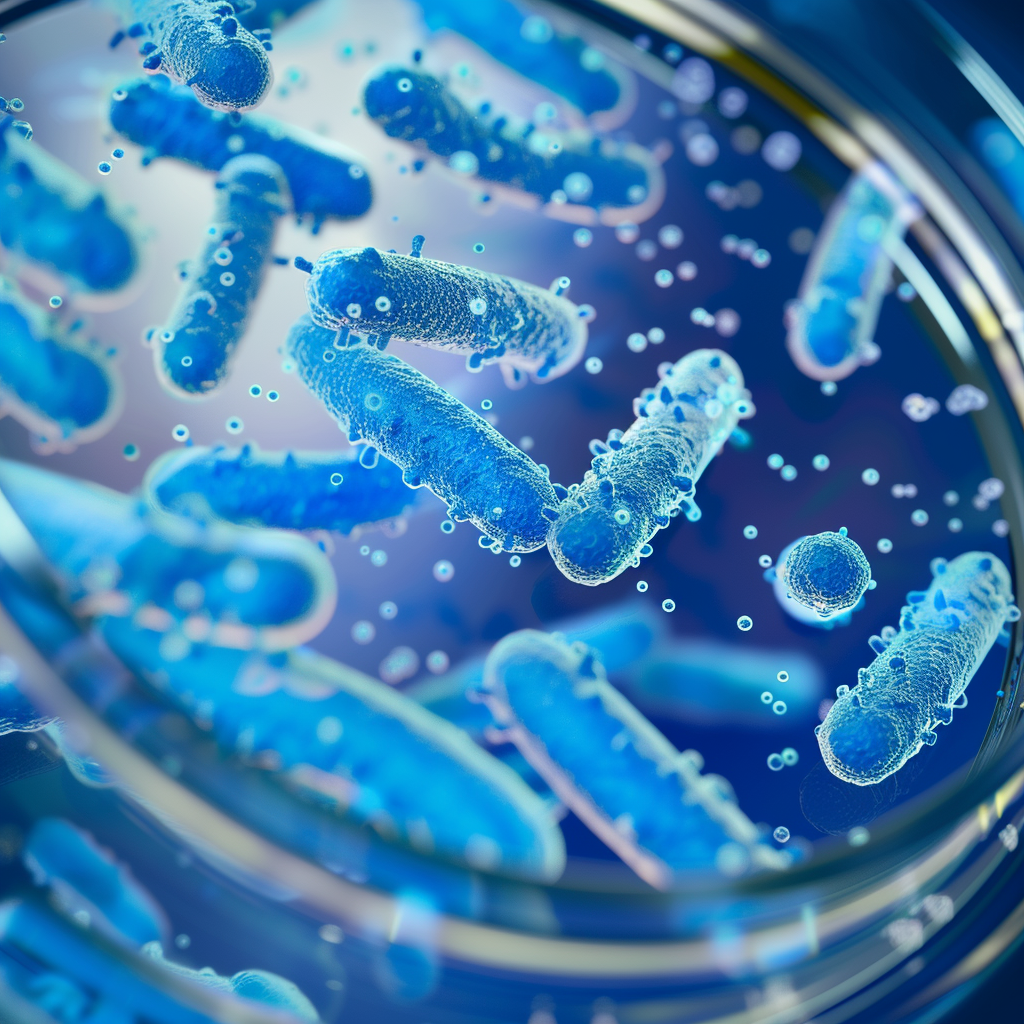Forever Chemicals (PFAS): Invisible but Persistent
PFAS, or Per- and Polyfluoroalkyl substances, are known as “forever chemicals” because they don’t break down easily in the environment or the human body. These chemicals are used in various consumer products, including non-stick cookware, water-resistant clothing, and food packaging.
What Are PFAS?
PFAS are a group of man-made chemicals that have been used in industry and consumer products since the 1950s. They are resistant to water, grease, and stains, making them popular in many applications. However, their persistence in the environment and the human body has raised significant health concerns.
Health Risks of PFAS
- Cancer Risk:
- Exposure to PFAS has been linked to an increased risk of certain cancers, including kidney and testicular cancer. Studies have shown that these chemicals can disrupt cellular processes and promote the growth of cancerous cells.
- Hormonal Disruption:
- PFAS can interfere with the endocrine system, leading to hormonal imbalances. This can affect reproductive health, thyroid function, and metabolic processes, potentially causing issues like infertility and obesity.
- Immune System Effects:
- Research indicates that PFAS exposure can weaken the immune system, reducing the body’s ability to fight infections and respond to vaccines. This is particularly concerning given the ongoing global health challenges.
- Developmental Issues:
- Pregnant women exposed to PFAS may face higher risks of complications such as preeclampsia and preterm birth. Additionally, PFAS exposure has been linked to developmental delays and reduced immune function in children.
Why You Should Care
- Health Impacts: Long-term exposure can lead to serious health conditions, including cancer and hormonal disruptions.
- Environmental Persistence: These chemicals remain in the environment for decades, continuously cycling through ecosystems and human bodies.
Take Action
- Avoid Products with PFAS: Choose products labeled PFAS-free and avoid using non-stick cookware and water-resistant clothing treated with these chemicals.
- Support Stricter Regulations: Advocate for stricter regulations on PFAS production and use, and support cleanup efforts for contaminated sites.



